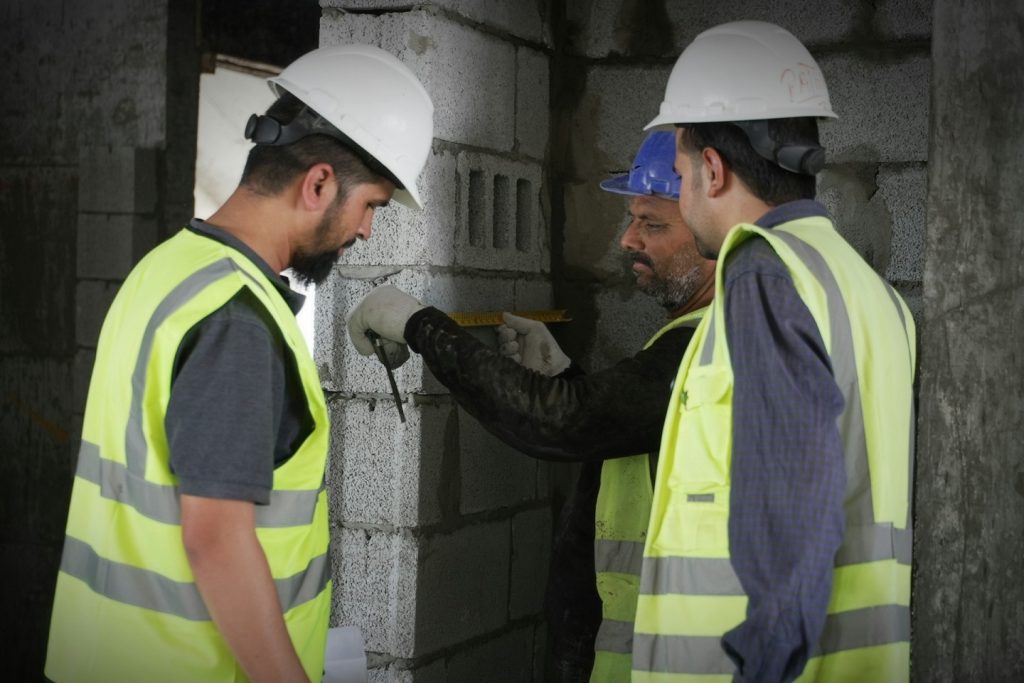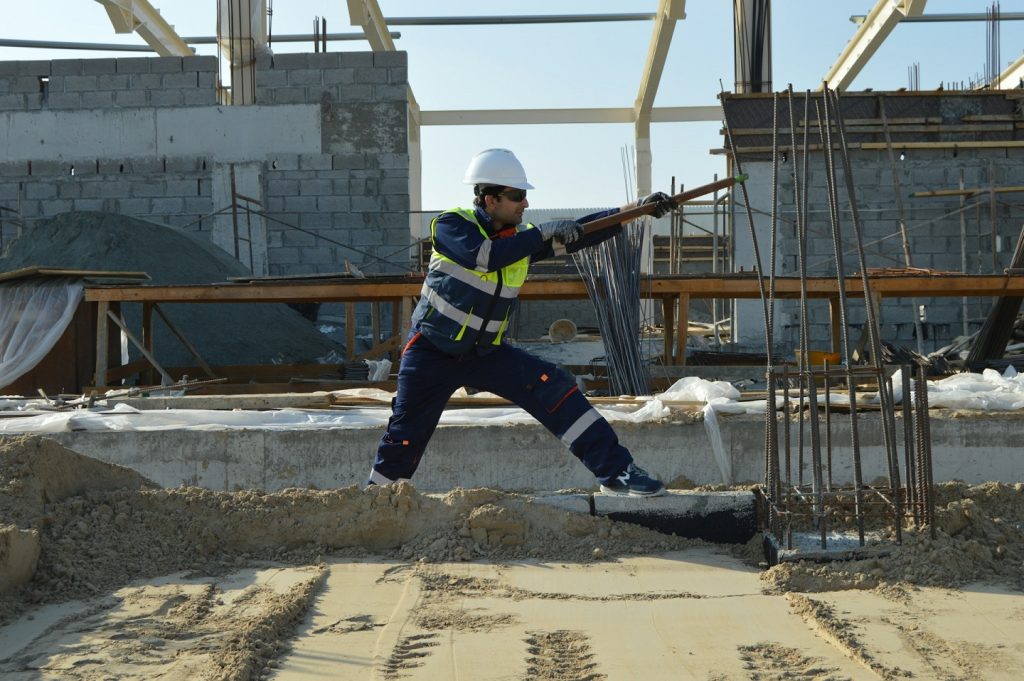The UK Construction Industry Training Board (CITB) has unveiled a new anonymous online reporting system to address the issue of Levy-registered employers transferring the Levy to subcontractors.
This initiative is part of a broader effort by CITB, alongside the Levy Strategy Committee, 14 Prescribed Organisations, and three Nation Councils to promote a fair and equitable application of the Levy across the construction sector.
This online platform allows subcontractors who have experienced such deductions to report them without disclosing their identities.
The system aims to quantify the prevalence of this practice and provide insights that could lead to its elimination.
Subcontractors can submit reports confidentially, and if they seek resolution, the CITB will engage with the contractors in question to halt such deductions.
The Levy, charged to qualifying construction employers, is intended for funding industry training and skills development of the construction workforce.
It is not permissible for contractors to subtract these costs from workers' wages on behalf of the CITB.
Despite this, there have been cases where businesses or principal contractors have shifted their Levy obligations onto their subcontractors.
CITB Nations Engagement executive director Deb Madden said: “Passing the Levy down the supply chain reduces the overall investment in workforce development, undermining the purpose of the Levy. We are currently in a climate where we need to grow a highly skilled workforce to meet demand and get Britian building again. We need support from Levy-paying employers to help us to provide longevity in careers within the sector and provide more opportunities for entry.
“We believe that the best way to resolve the issue of passing on the Levy is through industry self-regulation. Collaboration between CITB, employers, and other stakeholders is essential to developing sustainable solutions which foster a culture of fairness and responsibility in the sector.”
By addressing unfair Levy deductions, CITB seeks to foster self-regulation within the construction industry, advocating for collaborative efforts to maintain fair practices.
The organisation aims to ensure equitable access to training funds for all registered employers and uphold high industry standards.















